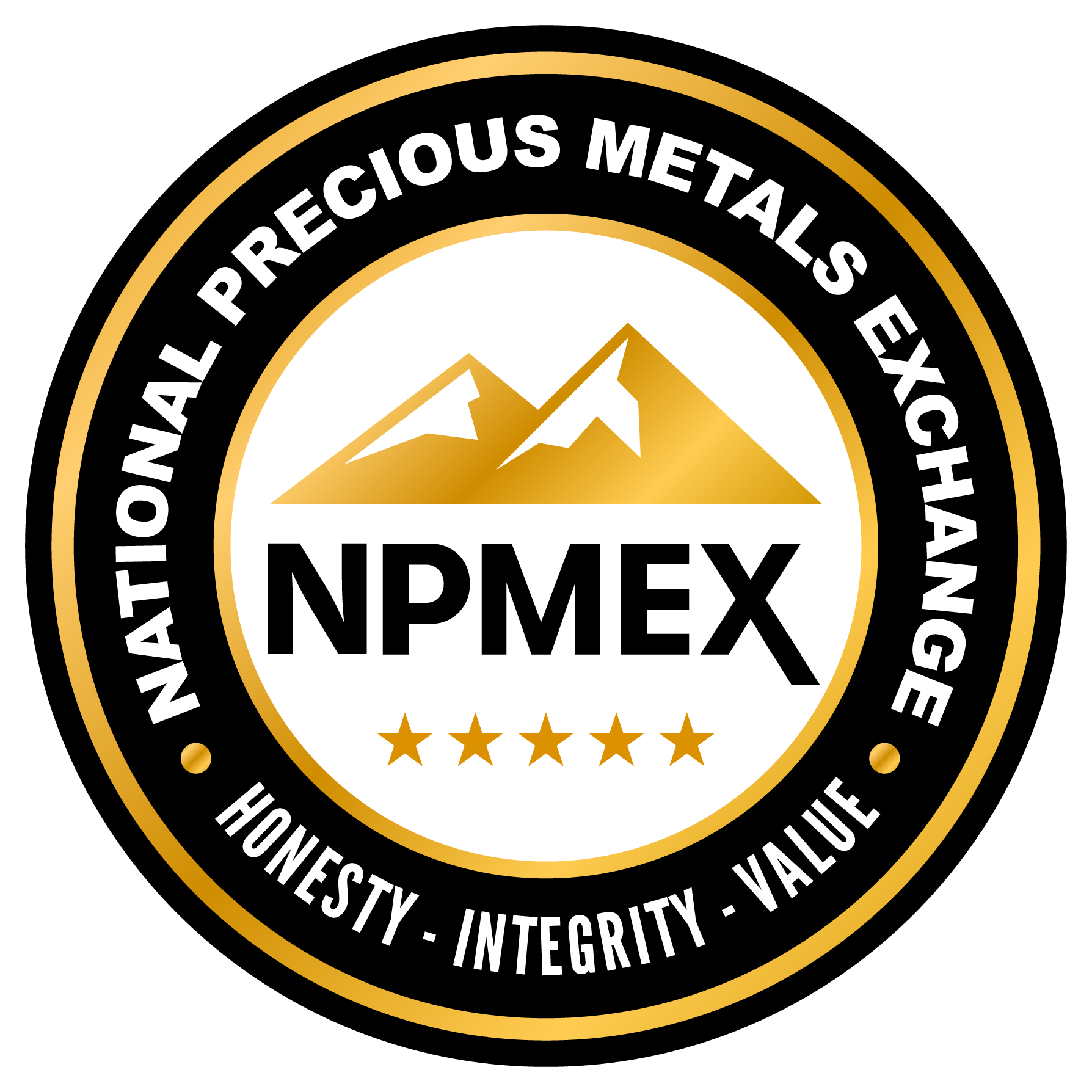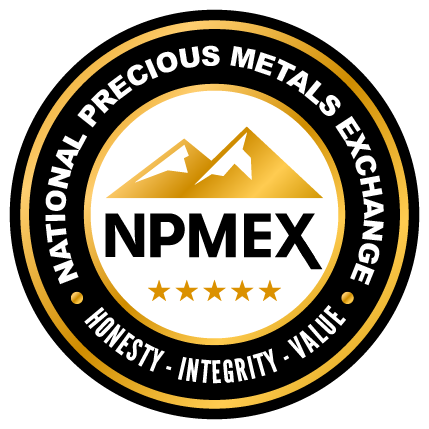Laws and Regulations Regards Precious Metals & Coins
Broker Reportable Items List
Previous regulations required brokers to report transactions consisting of as little as one silver dime. However, in 1992, The Industry Council for Tangible Assets (ICTA), a nonprofit association dedicated to the rare coin, currency, and precious metals industry, successfully completed negotiations with the IRS that “established reasonable reporting requirements on certain bullion-related products.” The result of these negotiations, as understood by ICTA, requires the sale of the following items in excess of the quantities listed below to be reported to the IRS via Form 1099-B:





